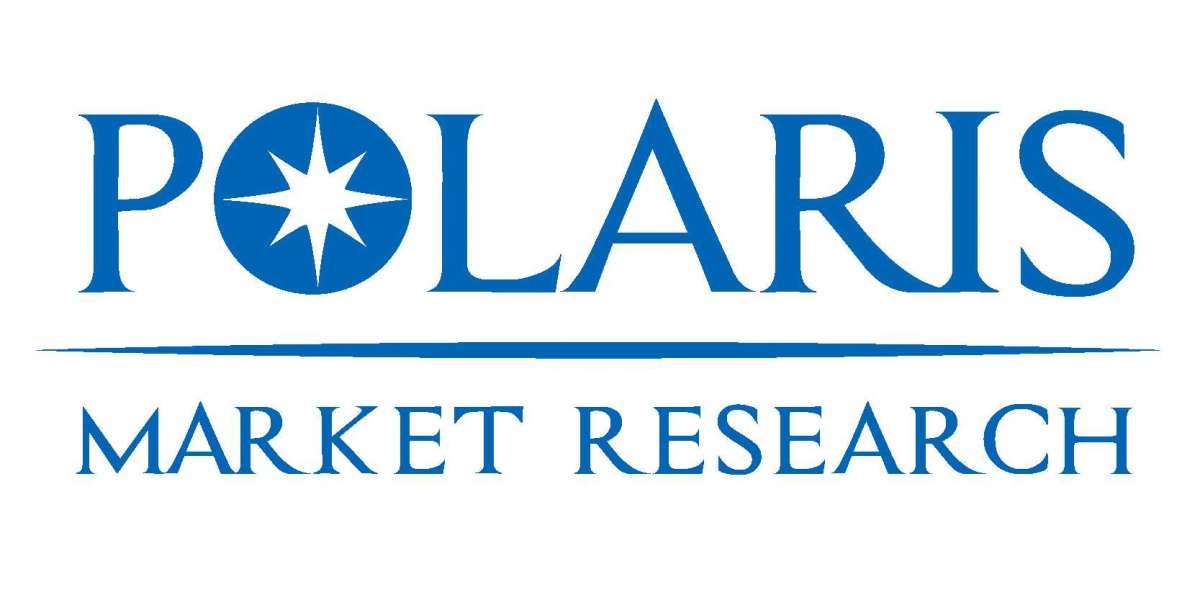Social networking is becoming an essential element of everyday life in the current digital era. In addition to being places where we may communicate with friends and family, social media sites like Facebook, Instagram, Twitter, and TikTok also serve as venues for self-expression, fun, and even validation. Social media has a negative impact on mental health despite having many positive aspects, such as building communities and facilitating information access. Comprehending the effects of social media on wellbeing has grown in significance as the lines separating the digital and physical worlds become increasingly hazy.
Social media has a complicated impact on mental health. Although it can provide support, it can also exacerbate stress, worry, sadness, and feelings of worthlessness. This article examines the advantages and disadvantages of social media for mental health and provides advice on how to use technology more carefully in order to protect and improve our wellbeing.
Social Media's Beneficial Effects on Mental Health
There are undeniable advantages to social media that, when used purposefully, can promote mental health, despite the growing concern over its negative consequences.
Creating Support Systems and Communities
People can connect through social media, especially individuals who might otherwise feel alone. others who are experiencing mental health problems might locate online groups made up of others who share their interests and experiences. Social media provides a platform for individuals to provide support, guidance, and encouragement to one another. Examples of these places include Facebook groups, forums, and Instagram accounts devoted to mental health.
These virtual communities offer a sense of community to people dealing with mental health issues like depression, anxiety, or chronic illness—something that might be hard to discover in their local surroundings. Social media also makes mental health advocates and specialists more accessible. They disseminate coping mechanisms and instructional materials, promoting mental health awareness and eradicating the stigma associated with it.
Availability of Resources for Mental Health
Resources for mental health are now more widely available than ever thanks to social media. Therapists, professionals, and mental health organizations provide free materials, advice, and details on how to deal with mental health issues. These platforms can provide information and assistance to those who might not otherwise have access to mental health care because of obstacles related to geography, finances, or culture.
Social media has been utilized by numerous mental health campaigns to increase awareness and start crucial discussions about mental health issues. To encourage comprehension and empathy, for example, hashtags like #MentalHealthAwareness, #EndTheStigma, and #ItsOkayNotToBeOkay have been utilized. These programs encourage people to seek treatment when necessary and help mainstream conversations about mental health by utilizing the power of social media.
Expression of Oneself and Originality
People can use social media as a platform for self-expression to share their ideas, emotions, and artistic endeavors with the world. Many people use social media as a means of self-empowerment, particularly those who experience marginalization or misinterpretation in their offline life. Sharing creative endeavors, life stories, or even daily updates can provide people a feeling of direction and validation, which boosts resilience and confidence.
Social Media's Harmful Effects on Mental Health
Although social media offers many advantages, widespread usage of it has also been connected to detrimental effects on mental health, especially in youth. If social media usage is not controlled carefully, it can have negative effects on our general wellbeing, interpersonal connections, and sense of self.
Comparison and the Constraint to Fit in
Comparing ourselves to other people on social media is one of the biggest concerns. Users display the highlights of their lives on carefully curated platforms such as Instagram and TikTok, including trips, achievements, appearances, and material belongings. This gives many people an unattainable standard of happiness and success, which can result in low self-esteem and feelings of inadequacy.
The "social comparison" phenomena is engrained in our interactions with social media. Users may start to doubt their own value or feel inadequate as they skim through well managed feeds of other people's ostensibly flawless lives. This continual comparing can exacerbate feelings of uncertainty and self-doubt in people who are already susceptible to conditions like anxiety or depression.
FOMO (fear of missing out)
Another psychological consequence of social media use that is strongly related to it is FOMO, or the fear of missing out. One may get the idea that everyone else is leading a more adventurous and satisfying life if they receive frequent updates from friends, influencers, and celebrities. When users feel as though they are losing out on social interactions, connections, or experiences, this can exacerbate their anxiety, tension, and feelings of loneliness.
Compulsive social media use can also be influenced by FOMO. Individuals may develop an unhealthy relationship with technology as a result of feeling compelled to always check their feeds. People may become even more isolated from genuine social contacts as a result of the pressure to always be connected and up to date interfering with relationships and activities in the actual world.
Cyberstalking and Virtual Assaults
Social media's anonymity has the potential to occasionally bring out the worst in people, which has increased instances of online harassment and cyberbullying. In contrast to conventional types of bullying, cyberbullying can be unrelenting, with targets being harassed constantly. Online messaging, insults, and public humiliation can have serious emotional and psychological repercussions, particularly for younger users.
Particularly among teenagers and young people, cyberbullying has been connected to increased rates of anxiety, sadness, and suicide thoughts. A public humiliation or targeting experience can cause long-term emotional scars, low self-esteem, and social disengagement.
Mental Illness and Addiction
Social media sites are made to be compulsive. Users become addicted to more contact and validation due to dopamine responses in the brain caused by features like likes, notifications, and endless scrolling. This so-called "dopamine loop" can result in compulsive phone use, when users feel compelled to check their phones constantly, even if it disrupts their regular lives.
Overuse of social media has been linked to reduced productivity, disturbed sleep, and mental exhaustion. An overload of information and stimulation can cause stress, irritation, and burnout in the brain. Long hours on social media can also cut into the amount of time spent on other vital activities for mental health, like exercise, sleep, and in-person social connections.
distorted views of what is real
Social media's meticulous curation process might skew consumers' impressions of reality. The use of filters, photo editing software, and well chosen content can provide an idealized image that is not representative of the complexity of everyday life. Young people are particularly vulnerable to this because they may internalize these false ideals and experience problems with eating disorders, body image, or having irrational expectations about pleasure and success.
Influencers and celebrities, for instance, might contribute to negative body image and an obsession with appearance by promoting the "Instagram body" ideal. Users may experience emotions of annoyance, guilt, and discontent with their own bodies as a result of becoming fixated on meeting unachievable physical ideals.
Social Media and Mental Health in Balance
Even if social media poses risks to about mental health, there are ways to use these tools to promote wellbeing. The following are some tips for keeping a positive connection with social media:
Cut Down on Screen Time
Establishing limits on the usage of social media is one of the best strategies to control its negative effects on mental health. Reducing screen time can assist in keeping social media from getting too addicting or overwhelming. These days, a lot of smartphones come equipped with functions that monitor screen usage and send out break reminders.
Regular "digital detoxes" provide additional advantages. Resetting the mind by stepping away from social media for a day, a weekend, or longer might help lessen comparison or FOMO symptoms.
Organize Your Content
Choosing carefully who to follow on social media can have a big impact on your mental well-being. An online community can be improved by unfollowing accounts that propagate irrational norms or arouse unpleasant feelings. Rather, adhere to accounts that motivate, enlighten, or encourage you.
Use Social Media With Mindfulness
Being aware of your thoughts and feelings while being in the moment is known as mindfulness. Utilizing social media with mindfulness can help keep it from turning into a thoughtless habit. Consider your motivations and feelings when using social media before logging on. If you find that it regularly makes you feel stressed, anxious, or depressed, it might be time to reevaluate your relationship with it.
Be Genuine in Your Interactions
Instead of utilizing social media to look for approval, concentrate on developing real relationships with people. Talk about what's really going on in your life, have important conversations, and help others along the way. Instead of utilizing social media as a tool for comparison, you may use it to create a more positive and gratifying online experience.
In summary
Depending on how it is utilized, social media can either improve or worsen our mental health. It is a powerful instrument. It can exacerbate emotions of inadequacy, worry, and loneliness even as it presents chances for self-expression, connection, and support. In the digital age, limits, intentionality, and mindfulness are necessary to keep a positive connection with social media.
People can utilize digital platforms in a way that supports mental health by weighing the advantages and disadvantages of using social media. If we use social media in ways that honor, support, and safeguard our mental health, it may be a positive influence in the world.







